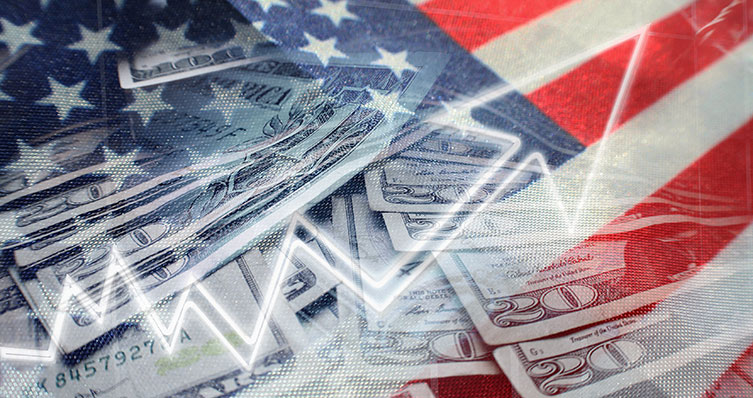
Markets aren’t about politics or policy
This year isn’t the first time Election Day has come and gone without a confirmed winner. Think back to the “hanging chad” in Florida that caused a weeks-long examination of the results in that presidential race. Of course, a different set of circumstances is driving this year’s election uncertainty.
Because of the global COVID-19 pandemic, Americans mailed in millions more ballots this year than ever before. Uncertainty around tallying those and other votes coupled with anxiety surrounding the fight against COVID-19 make us as investors — and as human beings — feel the same about what is in store for our portfolios and our livelihoods. But the good news is … markets don’t behave like we do. This November has offered us an excellent example of how markets behave around election year uncertainty.
Contrary to what most of us would expect, U.S. markets shot up the morning of Election Day and finished it with positive performance. Stock futures were mixed overnight on Tuesday, pointing to a potential market decline as a handful of states had yet to announce their election results. This led to perhaps an even larger surprise in that markets went on to continue their upward trajectory, at least through the close of election week.
Looking further back, as results from the 2016 election cycle were coming in on the night of November 8, stock market futures seemed to point to a large stock market decline once the market opened the following morning. Markets tend to dislike unexpected change, and as it became clear that we’d have a shift in the political party of the presidency, market futures attempted to price that change in until ultimately opening up instead of down — despite what many “experts” were predicting.
“Markets aren’t about politics or policy, or even the economy.”
Why? Because markets aren’t about politics or policy, or even the economy. We believe market prices simply represent the sum of all available information. They comprise the major companies of the world, all of which have a vested interest in efficiently and profitably producing the goods and services we need.
The good news: Your portfolio has exposure to many different companies and depending on the specific portfolio that could be close to 10,000 companies spread across 48 different countries and 38 different currencies. And the bonds in your portfolio are higher quality and short term and are intended to help provide a buffer when markets are volatile.
It is good to remember that we don’t stop buying toothpaste because of a down market or who sits behind the Resolute desk. We don’t stop watching TV or doing home-improvement projects or going grocery shopping — which means that the great companies that make all these things should continue to grow and prosper over the long term.
“A portfolio built for the long term is just as valid today as it was at the beginning of the year.”
The future, as always, is unknowable. But a portfolio built for the long term
is just as valid today as it was at the beginning of the year. As investors, if we can avoid trying to time the market, resist the impulse of emotions, and hold a globally diversified portfolio constructed through an evidence-based lens, we can enjoy a higher probability of achieving our goals.
When you have any questions about your investments or want to discuss your financial planning needs, please reach out. We are ready to help.
The contents of client letter is for informational and educational purposes only. The information presented is not to be construed as investment, tax, financial, accounting or legal advice. Individuals should make their own evaluation and consult with a professional based on their individual circumstances. The information contained within this presentation is based upon data and information available at the time and may become outdated or change without notice. IRN-20-1438
